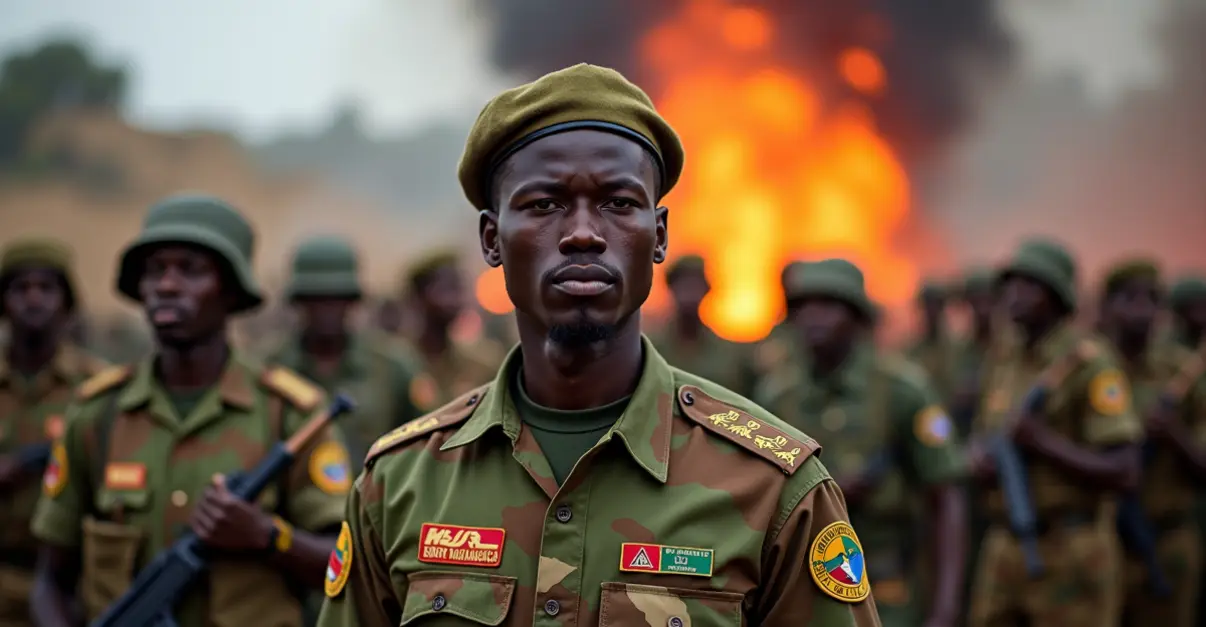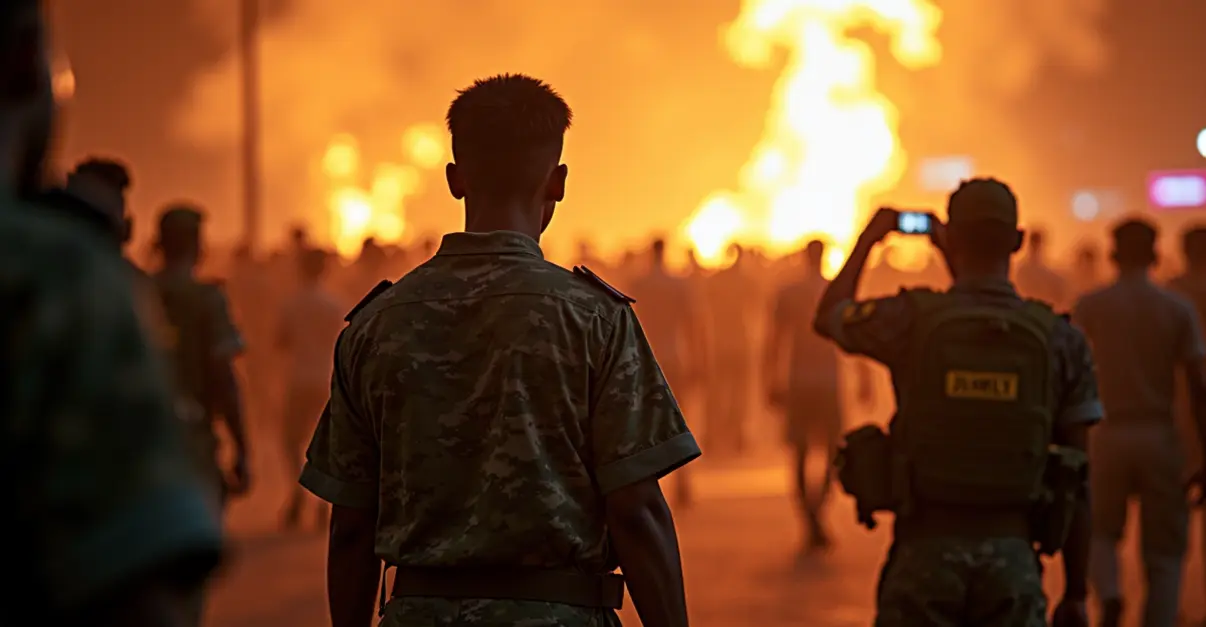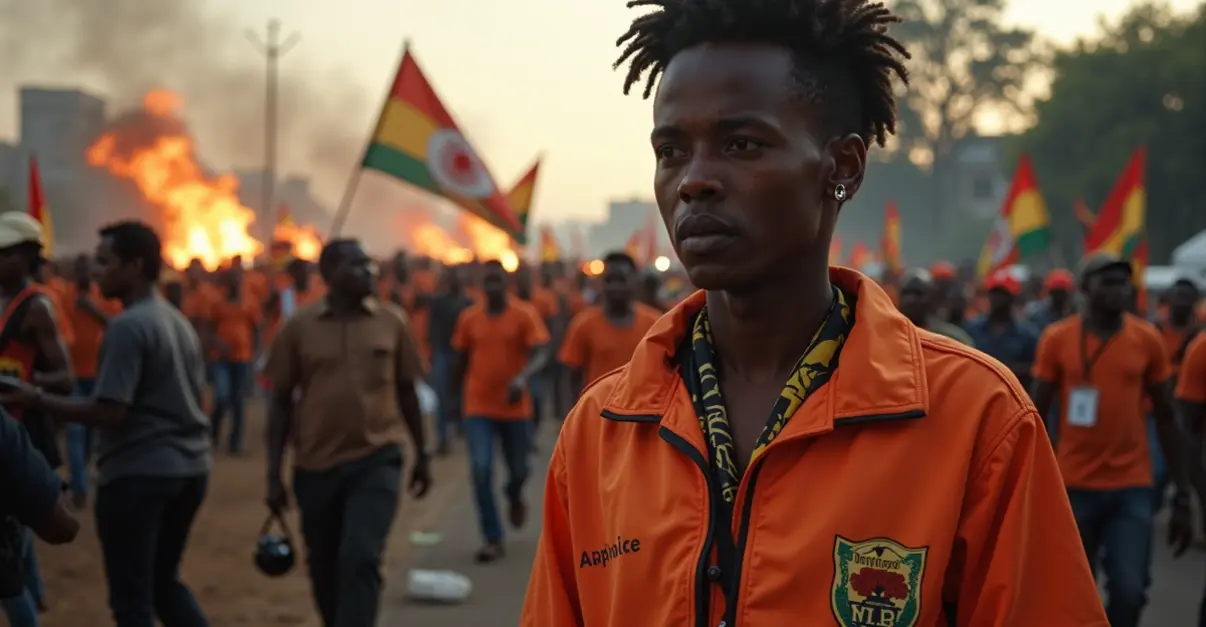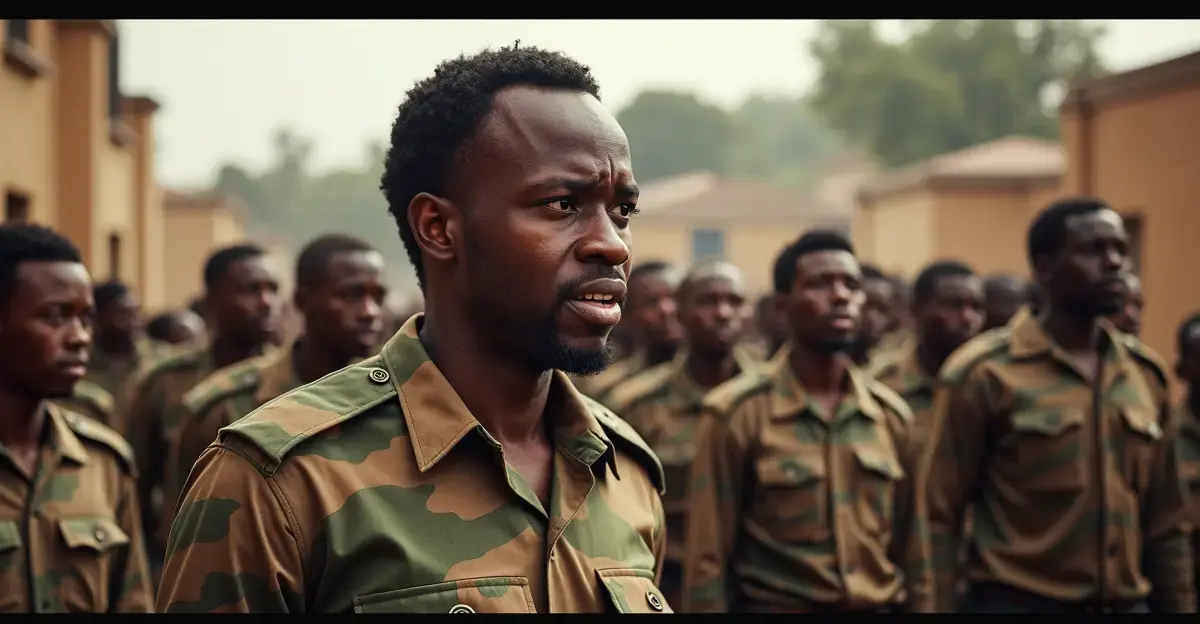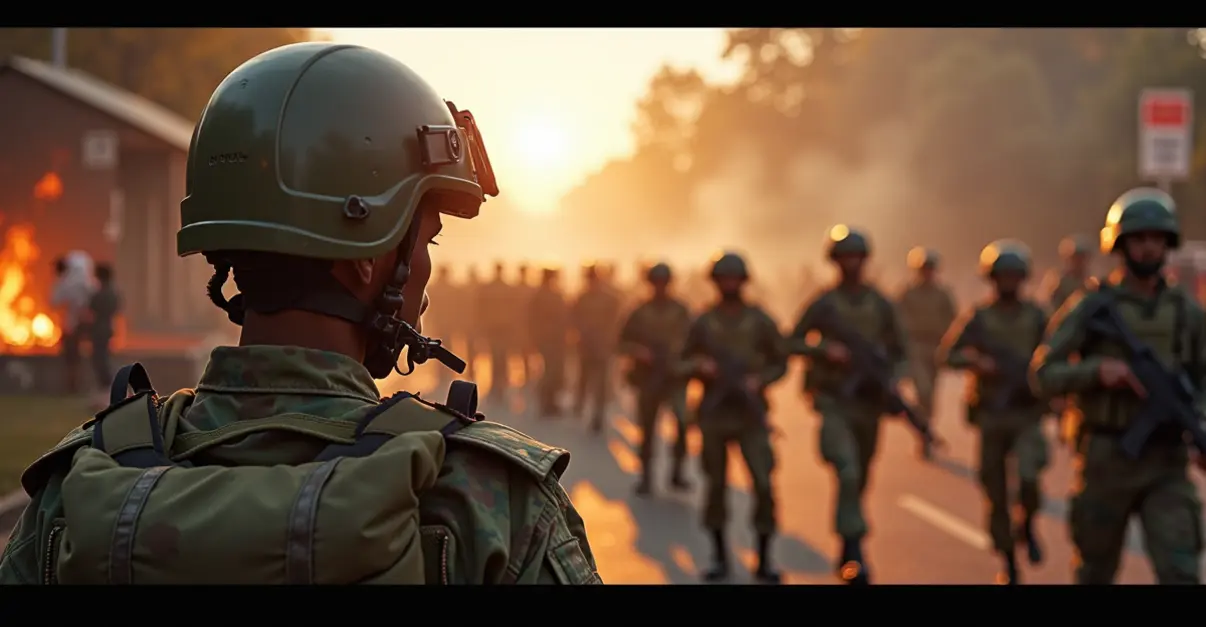Madagascar's President Andry Rajoelina dissolves parliament while fleeing country amid youth-led protests over utility shortages. Military defections and growing unrest create constitutional crisis.
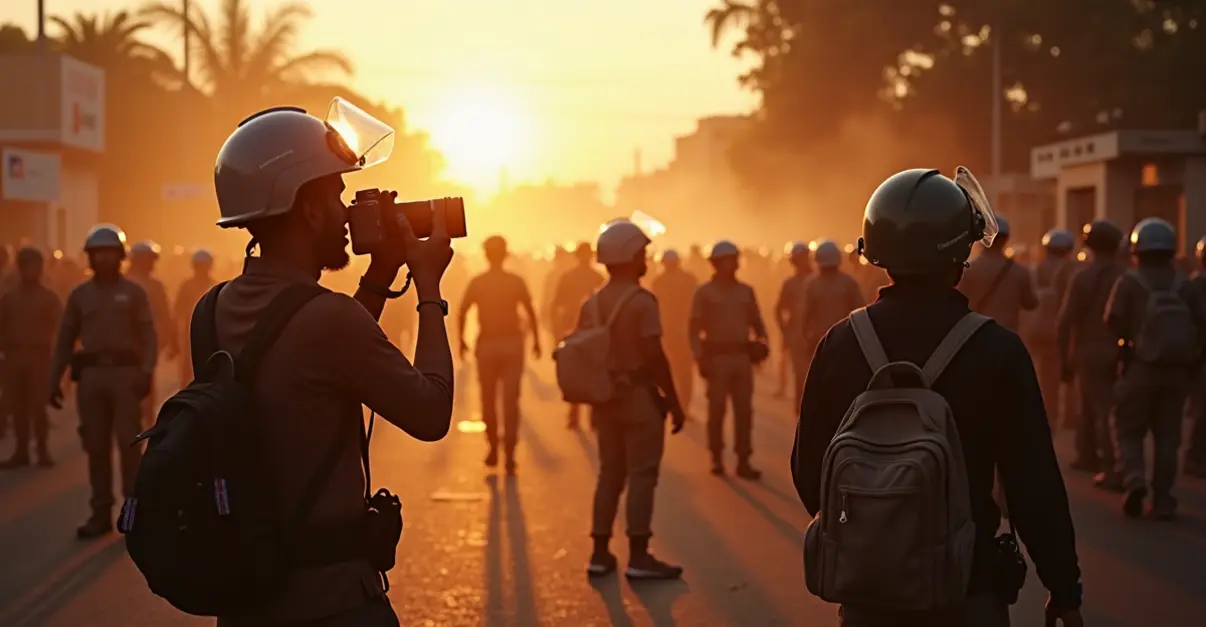
Political Turmoil Escalates as President Flees Country
Madagascar is facing its most severe political crisis in years as President Andry Rajoelina has dissolved the National Assembly while fleeing the country aboard a French military aircraft. The dramatic development comes amid escalating youth-led protests that have transformed into a full-blown political rebellion, with military units defecting to join demonstrators demanding the president's resignation.
Constitutional Crisis Deepens
President Rajoelina announced the dissolution of the lower house of parliament through a decree posted on his official Facebook page, claiming he had consulted with the Senate. However, opposition leader Siteny Randrianasoloniaiko immediately declared the move legally invalid, telling Reuters: 'The president of the National Assembly was not consulted about the decree. According to our constitution, this order has no legal validity.'
Military Defections and Growing Unrest
The crisis reached a critical point when elite military units, including the CAPSAT force that previously supported Rajoelina's 2009 rise to power, defected to the protest movement. On Sunday, the president claimed a coup attempt was underway as soldiers joined demonstrating youth. By Monday morning, police forces had also aligned with protesters, with the police chief expressing support for the military and national gendarmerie.
Rajoelina fled the country on Sunday, citing fears for his life. In a late-night address on Facebook, he remained defiant, stating: 'I will not allow Madagascar to be destroyed and I call on everyone to respect the constitution.' He did not address demands for his resignation.
Youth-Led Protests Transform Political Landscape
The current crisis began in late September 2025 with youth-led demonstrations organized by groups like "Leo Délestage" (Fed Up With Electricity Cut-Offs). Initially focused on chronic water and electricity shortages that left residents with only 3 hours of power daily, the movement quickly expanded to include broader grievances about corruption, poverty, and governance failures.
According to Al Jazeera, at least 22 people have been killed and over 100 injured since the protests began. The demonstrations represent the largest anti-government mobilization since Rajoelina came to power over a decade ago.
International Response and Historical Context
France, Madagascar's former colonial power, has become involved in the crisis, with Rajoelina reportedly leaving the country aboard a French military aircraft. French President Emmanuel Macron has called for constitutional order to be preserved.
Madagascar, which gained independence from France in 1960, remains one of the world's poorest nations. Rajoelina first came to power in 2009 through a military-backed movement that was widely characterized as a coup. His current term began in 2019 after winning elections, and he was re-elected in 2023.
The situation remains highly volatile, with the National Assembly responding to Rajoelina's dissolution decree by voting 130-1 to impeach him. As one protester told international media: 'We are tired of living without basic services while our leaders enrich themselves. This is about our future and our dignity.'

 Nederlands
Nederlands
 English
English
 Deutsch
Deutsch
 Français
Français
 Español
Español
 Português
Português





